Dear neighbors,
The Washington State Legislature concluded a historic session in April and a special session in May. I love this work and had an incredibly successful first session! We all worked together to tackle the issues facing our state head on — like housing, workforce issues, community safety, behavioral health, and reproductive freedom — and I have never been prouder to represent the 38th Legislative District.
It may come as a surprise to some, but our work in Olympia is largely bipartisan. I have thrived reaching across the aisle to get support on policy that impacts our community. Out of the 474 bills we passed this year, 286 received unanimous support in their last vote on the floor, and 379 bills passed receiving over 80% of legislators in support. When it comes to providing innovative and creative policy solutions, we’re here to work on behalf of the people of this state. Below are important highlights from the 2023 session. I hope you’ll find it useful!
Mary’s Legislative Wins
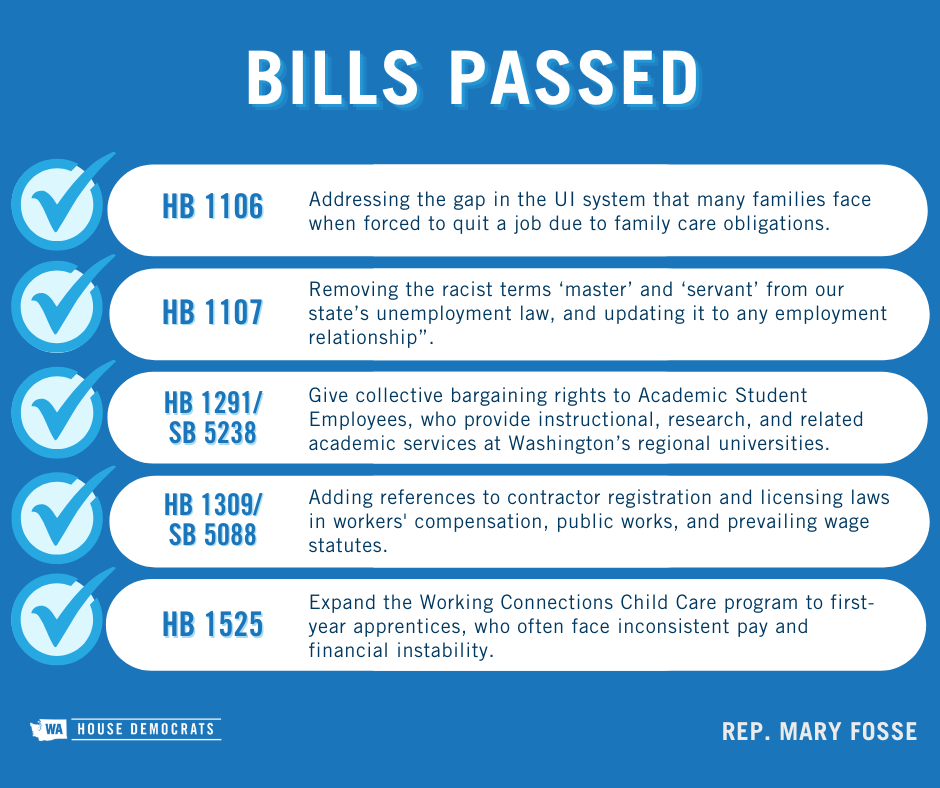
For my first session, I was honored to pass six out of my seven bills in some form (HB 1526 was funded in the final budget via a budget proviso). In addition to these bills, I was honored to also co-sponsor and support the passage of legislation on a multitude of important issues. Highlights include:
- HB 1155 protects the right to reproductive care by blocking websites and apps from collecting and sharing sensitive health data.
- House Bill 1240, House Bill 1143, and Senate Bill 5078 are critical steps toward achieving comprehensive gun responsibility. These bills ban assault weapons, mandate firearm safety training and a 10-day waiting period and ensure that firearm industry members are held accountable for responsible sale, distribution, and marketing of their products.
- House Bill 1110 requires cities to allow for more diverse housing options in residential neighborhoods, depending on their size. This legislation will help slow urban sprawl and prevent deforestation, reduce pollution causing traffic, and protect our watersheds. By increasing middle housing supply, we are also promoting more affordable housing options.
- House Bill 1238 will expand the free school meals program to 90,000 additional students who struggle to learn on an empty stomach. By passing this bill, kids who need breakfast and/or lunch at school will have guaranteed access free of stigma.
- House Bill 1436 lifts the cap on how many children with disabilities will receive educational funding and increases funding for special education and disability services by over $400 million.
- HB 1134 implements the 988 behavioral health crisis response and suicide prevention system and funds mobile units and training for rapid-response teams, increases exposure for the crisis line, and provides better coordination between the 988 and 911 systems.
- House Bill 1559 addresses the crisis faced by half of all college students in Washington who experience food or housing insecurity. This will create a Benefit Navigator Program at higher education institutions to connect students to assistance programs and establish a pilot program providing meal vouchers. Students need to be able to focus on their education, not a fear of homelessness and hunger.
For a full list of legislation I supported, click here.
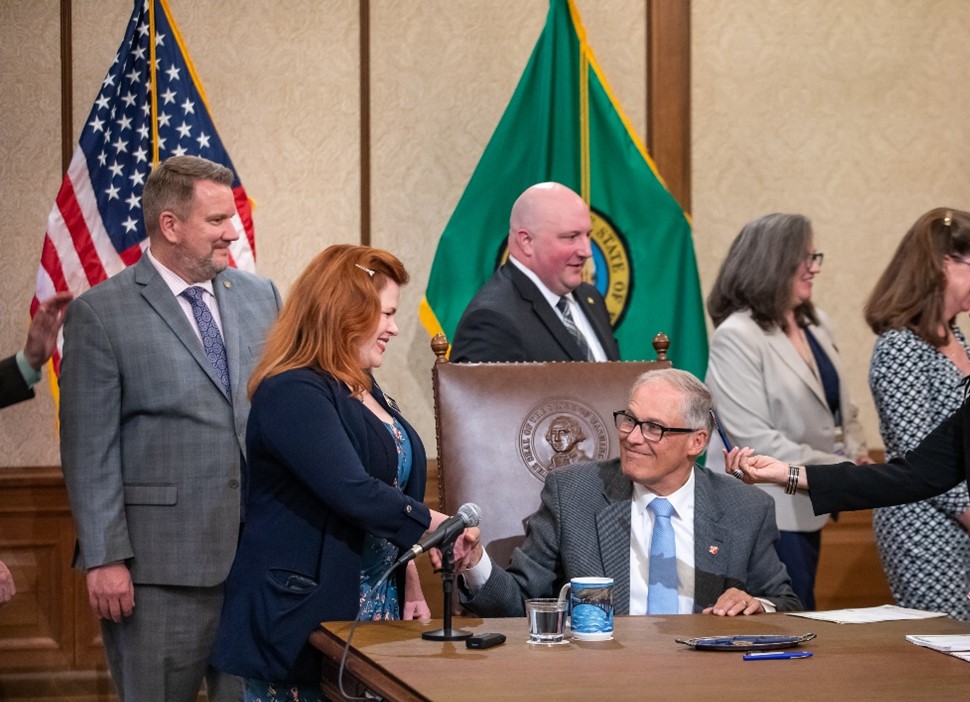
Budget Wins for the 38th
Public goods and services ensure a better future for all Washingtonians. The Resilient Washington Biennial Operating budget is a $69.3 billion budget to fund critical state services and boosts funding for students, workers, behavioral health, housing, and climate action. This budget incorporates community feedback to guide decisions, consider racial equity with targeted investments, and does not rely on any new general taxes or fees.
Key investments include $2.2 billion for K-12 education, $1.8 billion for long-term care and development disabilities, $1.1 billion for behavioral health, $1 billion for public health and health care, $684 million to protection natural resources, $590 million for early learning and childcare, $519 million for housing and homelessness, and much more. To learn more about funding in the Resilient Washington Budget, click here.
In addition to the state operating budget, we also fund key projects to maintain and expand critical infrastructure and community services in the state capital/construction budget and transportation budget. Below, I’ve highlighted important funding from both budgets coming to our communities in the next two years:
Highlighted projects from the 2023 capital/construction budget:
- Compass Health Broadway Behavioral Health Services in Everett
- Port of Everett Electrification
- Ebey Waterfront Trail Phase 4 in Marysville
- Tulalip Creek Hatchery for salmon recovery
- Construction of new AquaSox ballpark in Everett
- Replacement of Baker Hall at Everett Community College
- Funding for cleaning up contaminated soils and sites
- Forest Park pickleball court installation in Everett
Highlighted projects from the 2023 transportation budget:
- I-5/NB Marine View Dr. to SR 529 corridor and interchange
- I-5/116th St. NE, 88th St. NE and SR 528/Marine Dr. Interchange.
- Future rebuild of the US 2 trestle
This year, I made it a priority to be involved in the development and passage of HB 1846. Our state ferry system is struggling because of aging ferries and workforce shortages. We desperately need to build more ferries, but we need to balance that with the workforce, environmental, and economic benefits of in-state production here in Washington.
While the policy opens the procurement of new vessels at Washington State Ferries to national shipbuilders, I was proud to work with the sponsor, local business, labor unions, and others, so that the final bill is more reflective of Washington’s values of strong environmental and workplace standards. The final bill now strikes a better balance between increasing our ferry production, supporting local jobs, and making our in-state businesses, including those in the 38th, competitive with a new 13 percent credit for bid proposals for vessels constructed in-state.
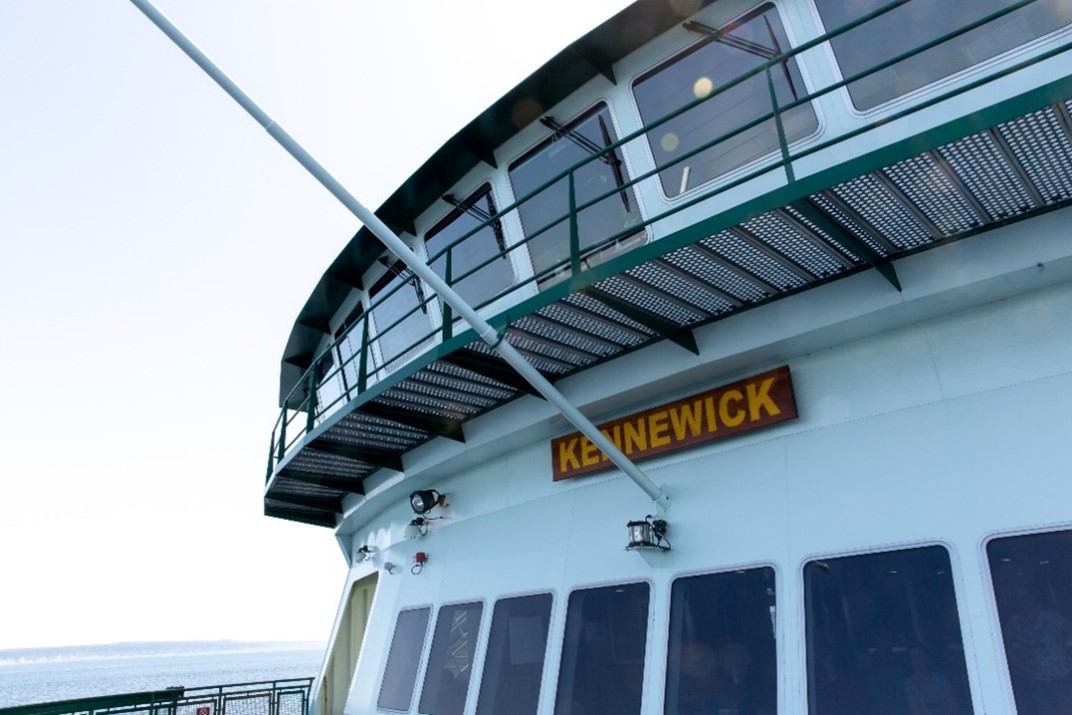
Recent Developments
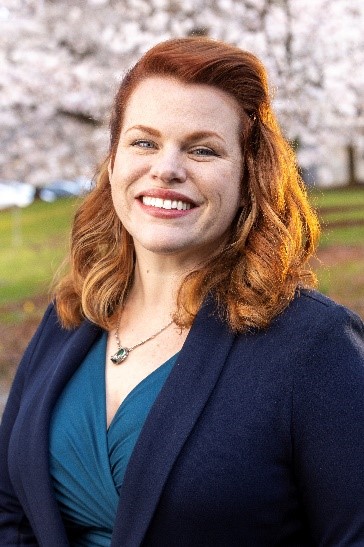 Earlier this summer, the Speaker of the House, Rep. Laurie Jinkins, appointed me to the Correction Industries Advisory Committee and the Aerospace Workforce Council. The Correctional Industries Advisory Committee is tasked with making recommendations to improve the Correction Industries (CI) work programs, whose goal is to increase successful reentry by providing workforce training programs for incarcerated individuals. The Aerospace Workforce Council develops a framework for apprenticeship utilization and establishing efficient pathways for the aviation industry to utilize this highly skilled workforce in the future. Both seats provide an important opportunity for our community to have a voice in advocating for solutions to our workforce shortages and helping workers access living-wage jobs. I look forward to sharing updates with you about our work this interim!
Earlier this summer, the Speaker of the House, Rep. Laurie Jinkins, appointed me to the Correction Industries Advisory Committee and the Aerospace Workforce Council. The Correctional Industries Advisory Committee is tasked with making recommendations to improve the Correction Industries (CI) work programs, whose goal is to increase successful reentry by providing workforce training programs for incarcerated individuals. The Aerospace Workforce Council develops a framework for apprenticeship utilization and establishing efficient pathways for the aviation industry to utilize this highly skilled workforce in the future. Both seats provide an important opportunity for our community to have a voice in advocating for solutions to our workforce shortages and helping workers access living-wage jobs. I look forward to sharing updates with you about our work this interim!
What to know about the end of pandemic-era Medicaid coverage
During the pandemic, the Health Care Authority (HCA) extended coverage for all Apple Health (Medicaid) clients but due to federal action, that extension is ending. If you use Apple Health for health care, you should log on to Washington Healthplanfinder at wahealthplanfinder.org to ensure your contact and income information is up to date.
If you are still eligible, you will be re-enrolled in Apple Health. If you no longer qualify, you can select a new health plan on the Healthplanfinder within 60 days to prevent a gap in your coverage. Most people who will lose Apple Health coverage can get a Cascade Care plan for less than $10 a month. Find out if you qualify or switch to a Cascade Care Silver or Gold plan at wahealthplanfinder.org.
For enrollment assistance, there are experts in many areas across the state. Find one near you at wahealthplanfinder.org or the WAPlanfinder app. You can also call customer support at 1-855-923-4633.
Living With Wildfires
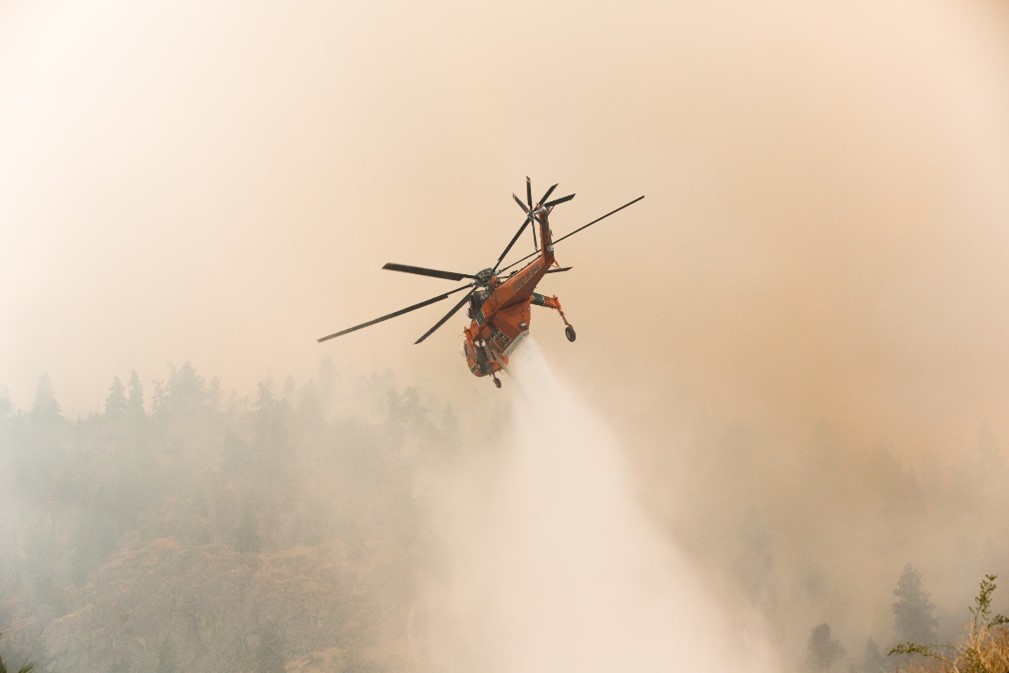
Weather forecasters are warning of greater than normal wildfire potential this year from July through September. Breathing wildfire smoke is not good for anyone – especially our young children, older adults, and people who have existing lung and/or heart conditions. These neighbors are most at-risk for severe health impacts during smoke events. Visit the Snohomish County Public Safety Hub for resources regarding air quality forecasts, the health effects of smoke, do it yourself filter fans, and more.
Stay In Touch
Now that session is over, I am enjoying lots of educational tours and meetings in our community, listening to you, and working solutions to our most pressing challenges. Our district is fortunate to have engaged residents who actively participate in the public process. Please keep it up and stay in touch by meeting at following my facebook page or by sending me an email. I couldn’t do this without you!
In Service,

State Representative Mary Fosse
